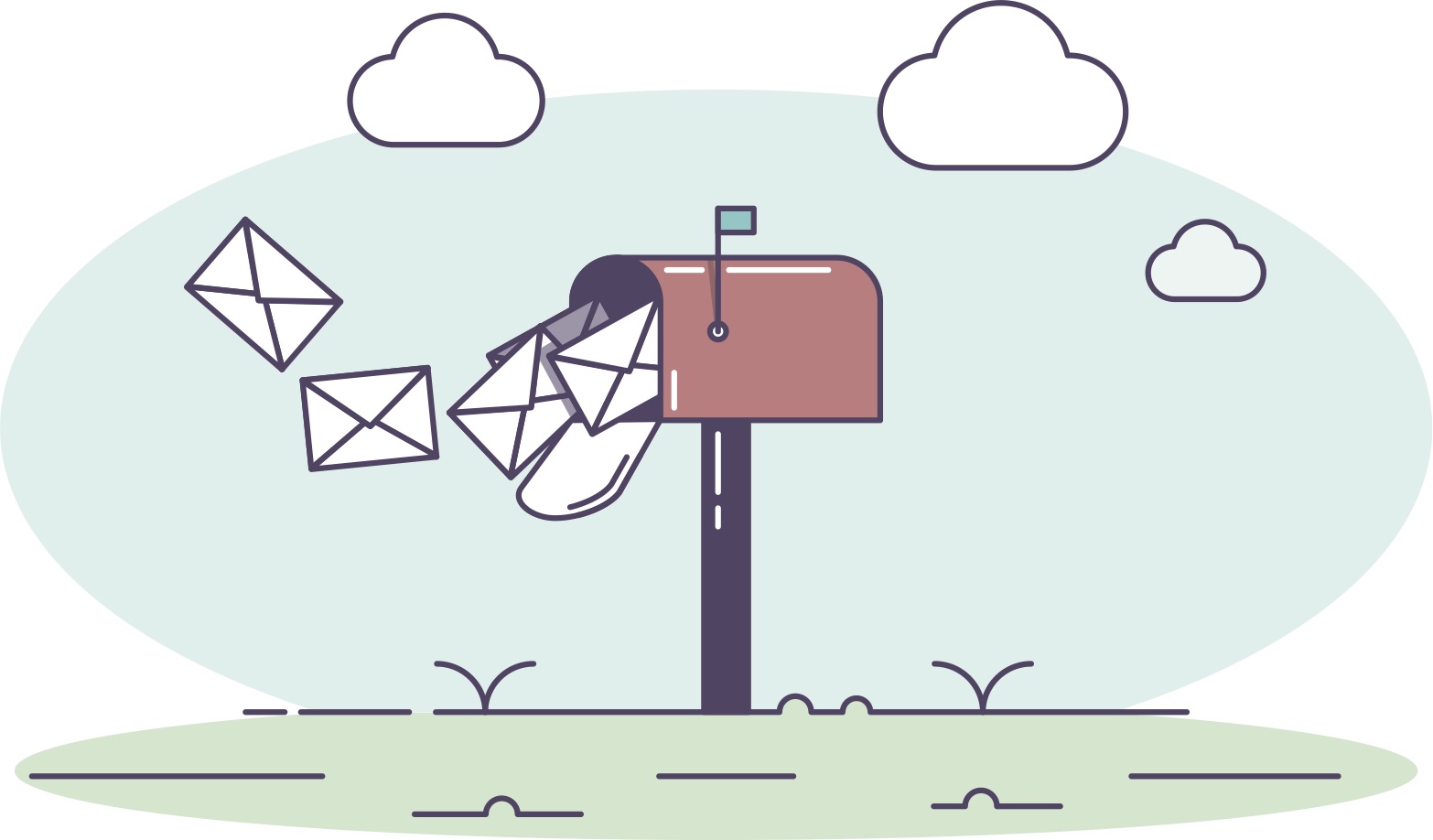“Say yes to everything.” We’ve heard this advice so often that many of us have made “yes” our default setting. But whether we’re always accepting invitations to join colleagues at their events, schlepping to out-of-town weddings for mere acquaintances, or attending every birthday dinner for friends we’re not that close with, there may be negative consequences to our well-being.
After all, the things we get invited to usually require the investment of time and energy (and sometimes money). Constantly saying yes to things you don’t want to do can cause you to feel unhappy, overwhelmed, and pulled in all directions, Vanessa Patrick, Ph.D., a professor of marketing at the University of Houston and lead faculty of the Women in Leadership executive program, tells Thrive. Of course, saying no is easier said than done.
Interestingly, research shows we may feel more comfortable declining invitations from family members and very close friends, as well as complete strangers. But we have the hardest time saying no to pals we’re not so close with, as well as co-workers. Patrick calls this the “the acquaintance trap.” Steering clear of the trap is challenging, especially when you tell yourself that saying yes could, for instance, advance your career or improve your social life.
I almost fell into the acquaintance trap myself recently. I was invited to sit on a panel with other media and technology professionals, where we’d be discussing the educational impact of online bullying. I knew I was a natural fit for this sort of panel: I work at a start-up that examines our relationship with technology, and before that, I was a middle school teacher. While I’m eager to participate in more public speaking events, I simply felt like it was asking more than I could give at the time. But I didn’t want to disappoint, or worse, insult the person who asked: She was a former boss, and someone I admire.
Instead of responding right away, I put it off for days. I felt a symphony of unpleasant emotions: guilt, remorse, uncertainty. And I hadn’t even declined yet! I worried that saying no wouldn’t only be turning down the invitation to speak on a panel, but would also be seen as a personal rejection of my former boss. “The big underlying concern when we say ‘no’ to someone is that by doing so we are insinuating something negative about that person or our relationship to them,” says Vanessa Bohns, associate professor of organizational behavior at Cornell University. To put the dilemma in perspective:
There’s no doubt that we’re social creatures who like to maintain positive relationships and avoid offending people. And all of the excuses we tack on to a “no” — “My brother-in-law is in town,” “I have to work late that night,” “I have plans I can’t cancel” — are ways we try to minimize tension and preserve our relationships. According to Bohns, we’ll go to great lengths for this. A study she authored found that people would rather agree to unethical tasks than live in the discomfort of saying “no.”
When I couldn’t put it off any longer, I sought the advice of my current boss, and asked what she thought I should do about the panel. To my relief, she agreed that it was okay for me to sit this one out. In the days since, I’ve wondered why I needed her opinion when saying no was already my first instinct and what I truly wanted to do.
Though I was tempted to come up with an excuse for why I couldn’t speak on the panel, I wound up being honest. I thanked her and said, “I just don’t have the bandwidth this month. I’m sorry. Please think of me in the future.” But would it have been so bad if I glossed over the truth? “A white lie is often a polite way of saying ‘I hate baby showers’ or ‘I can’t bear to eat another overcooked pot roast,’” Joe Devito, Ph.D., professor emeritus at Hunter College and author of The Interpersonal Communication Book, tells Thrive. “Saying something like ‘I’d love to come but I already made other commitments,’ will likely get you out of the uncomfortable situation, and not offend the person inviting you.”
If you decide to be completely honest about why you’re declining an invitation, Patrick recommends using empowered, authentic language. That means relying on phrases like “I don’t go out for drinks on weeknights” instead of “I can’t meet you for drinks.” “Don’t” is better than “can’t”, she says, and when you cement your “no” in your personal identity and priorities, “you make the refusal about you and not about the other person, thus securing the relationship,” Patrick explains. Not to mention, an honest response typically “comes across as graceful, elegant, and professional.”
This, in my experience, is true. Not only have I felt better about myself when I’ve taken the route of compassionate directness, I’ve also seen that most people are understanding, and appreciative of my straightforwardness. And if they’re not, that’s OK too. Part of going upstream and protecting yourself from the stress and burnout epidemic means putting your well-being first — and we can do that one “no” at a time.
Follow us here and subscribe here for all the latest news on how you can keep Thriving.
Stay up to date or catch-up on all our podcasts with Arianna Huffington here.


